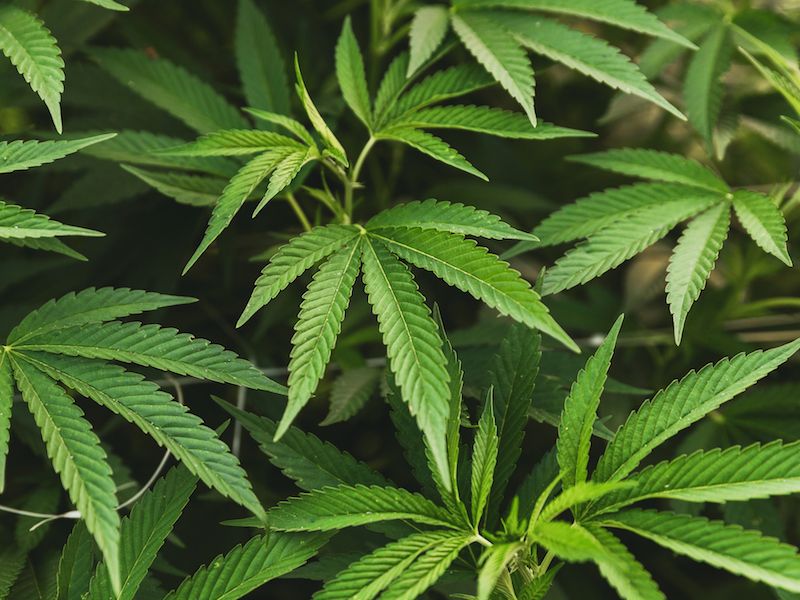
Public opinion about cannabinoids and marijuana have transformed remarkably over the past few decades. THC, cannabinoids, and even marijuana are legal for medical use in most states. Ten or fifteen years ago it would have been unthinkable for pot to be legal for recreational usage but some states have even taken this step.
A group of compounds derived from the cannabis plant (the marijuana plant, essentially) are known as cannabinoids. New things are being discovered about cannabinoids all the time despite their recent decriminalization in some states. Despite the fact that we now are starting to know the countless medical advantages of these compounds, it has been acknowledged for a while that tinnitus may be activated by cannabinoids.
There Are Numerous Types of Cannabinoids
Today, cannabinoids can be taken in many forms. It isn’t just weed (or ganja, or pot…..ok, there are lots of nicknames for marijuana so let’s move on). Today, THC and cannabinoids are available in pill form, as topical spreads, as inhaled vapor, and lots of others.
The varieties of cannabinoids available will vary depending on the state, and under federal law, many types are still illegal if the THC content is more than 0.3%. So it’s still normal for people to be very careful about cannabinoids.
The concern is that we don’t yet grasp much about some of the long term side effects or risks of cannabinoid use. Some current research into how cannabinoids impact your hearing is a good example.
New Research Into Cannabinoids And How They Affect Hearing
A wide variety of illnesses and medical conditions are believed to be helped by cannabinoids, regardless of what you like to call it. Seizures, nausea, vertigo, and more seem to be improved with cannabinoids, according to available anecdotal evidence. So could cannabinoids assist with tinnitus? That’s what researchers resolved to figure out.
Tinnitus may actually be triggered by cannabinoid use, as it turns out. According to the research, more than 20% of study participants who used cannabinoid products documented hearing a ringing in their ears. And these participants had never had tinnitus symptoms before the study. Additionally, marijuana users were 20-times more likely to report having tinnitus symptoms after 24 hours.
And for those who already suffered from tinnitus, marijuana usage caused it to get worse. So, it seems fairly certain that cannabinoids and tinnitus aren’t really compatible.
How Cannabinoids Make Tinnitus Worse
There are a couple of tangible ways in which cannabinoids can cause your tinnitus to get worse. The first is that your tinnitus can happen more frequently. Also, your bouts of tinnitus can become more intense when you use cannabinoids. Louder ringing that can be much harder to dismiss can be the result.
Cannabinoids have also been found to lead to the onset of tinnitus symptoms. To put it a different way: after you begin using cannabinoids you might start to experience tinnitus symptoms even if you didn’t have them before.
The Causes of Tinnitus Are Unclear
We understand that there’s a link between tinnitus and certain triggers but we’re still uncertain what the actual underlying causes are. It’s apparent that cannabinoids can have an effect on the middle ear and tinnitus symptoms. But it’s much less obvious what’s causing this impact.
But we are aware that marijuana is one of the few frequently used mood-altering substances that causes tinnitus (alcohol, as an example, hasn’t been demonstrated to have a direct connection to tinnitus).
Research, unquestionably, will continue. Cannabinoids today come in so many varieties and forms that learning the underlying connection between these substances and tinnitus should help people make better choices.
Beware The Miracle Cure
There has definitely been no shortage of marketing hype surrounding cannabinoids in recent years. Partly, that’s due to changing attitudes about cannabinoids themselves (and, it could also indicate that people are trying to get away from opioid use). But cannabinoids can and at times do produce undesirable effects, based upon this new research, and this is especially true concerning hearing.
The marketing for cannabinoids has been particularly assertive and you can’t entirely avoid all of the fanatics.
But this new research definitely reveals a strong link between tinnitus and cannabinoids. So if you suffer from tinnitus, or if you’re concerned about tinnitus it might be worth steering clear of cannabinoids if you can, regardless of how many adverts for CBD oil you might come across. The connection between cannabinoids and tinnitus symptoms has been quite securely demonstrated by the research, so it’s worth exercising a little caution.